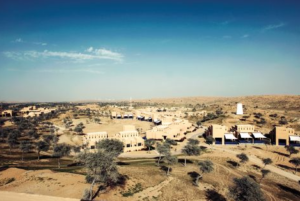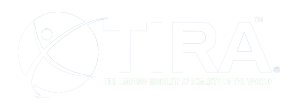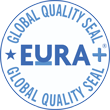RAK to the future: Forging a reputation on the global business stage

Ras Al Khaimah, the UAE’s second-smallest emirate, is quietly boosting its tourism, free zones and real estate.
It may not get the international acclaim of Dubai or the media attention of Doha, but Ras Al Khaimah (RAK) is quietly making its mark.
Famed largely for bringing the world RAK Ceramics, the northern UAE emirate is forging a serious reputation on the global business stage.
Be it in tourism, free zones, property or infrastructure, everywhere you look in RAK, something new is springing up. And judging by the figures, tourists and investors both like what they see.
Despite being the second smallest emirate in the UAE with a population of just 300,000, strong real estate and hospitality sectors, as well as corporate giants such as RAK Ceramics and Gulf Pharmaceutical Industries (Julphar) have helped RAK avoid the oil-related economic crisis of its neighbours.
However, it is not immune. The emirate’s budget deficit is forecast to be 1.4 percent of GDP growth in 2016, compared to a small surplus of 0.3 percent in 2015, according to Fitch Ratings.
The emirate’s real GDP is expected to grow by 4 percent this year and again in 2017, down from a high of 7.4 percent in 2014 but up compared to 3 percent in 2015. The economy is being held up primarily by tourism, the export of construction materials and, most recently, activity within its free zones.
Tourism has long been RAK’s strength. Economic issues, the low oil price and sanctions on Russia, one of its key markets, caused a slump in visitor numbers in 2015, but after a shake-up of market sources, the sector is recovering.
However, the Ras Al Khaimah Tourism Development Authority (RAKTDA) has had to pushback its target to attract 1 million visitors to 2018.
To help reach the target, RAK has tapped into existing markets such as Germany — its largest market after the UAE — and Poland by signing agreements with tour operators in 2015 to bring eight additional chartered flights to the emirate. The authority also opened representative offices in Germany, UK and India and is on the verge of establishing an office in China, with Saudi Arabia to come in 2017, according to RAKTDA CEO Haitham Mattar.
“RAK has been the second most sought-after [holiday] destination in the UAE,” Mattar says. “Dubai is the first and now people are asking for RAK more and more. We’re targeting a continued double-digit growth in terms of visitor numbers in 2017.”





